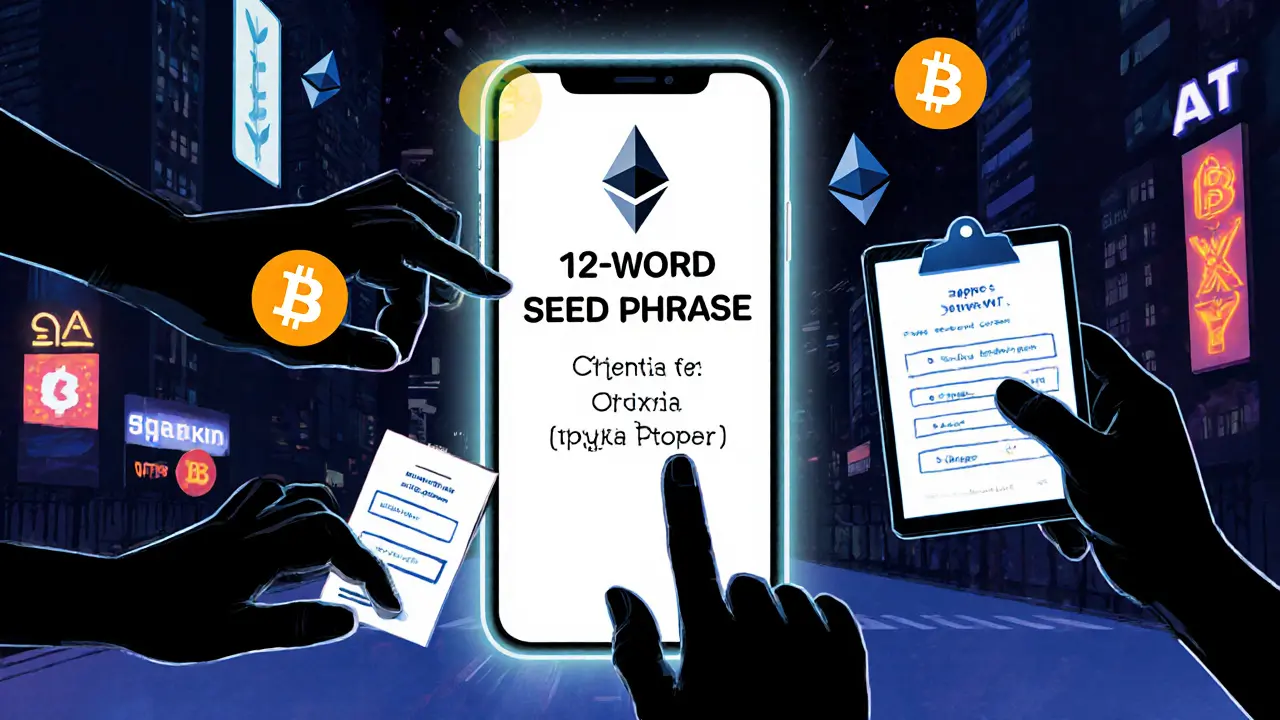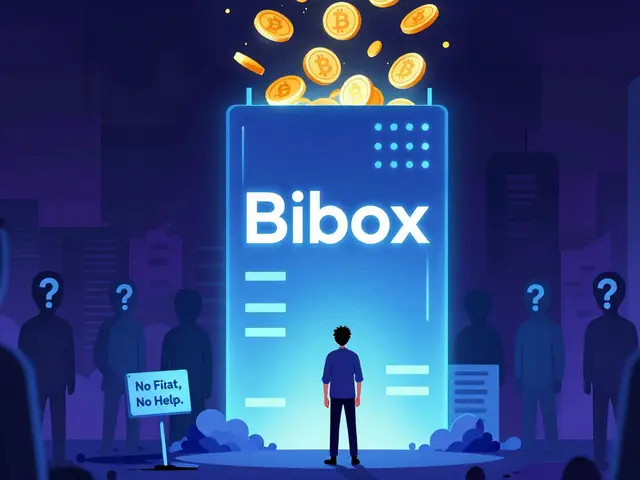Software Wallets: Secure, Self-Custody Crypto Storage Explained
When you hold crypto, software wallets, digital tools that store your private keys and let you interact with blockchains without relying on exchanges. Also known as digital wallets, they give you full control over your assets—no middleman, no freeze, no gatekeeper. This is the core of self-custody, and it’s why every serious crypto user needs one. Unlike exchange accounts where the platform holds your keys, software wallets put you in charge. If you lose your seed phrase, you lose access. If you protect it well, you own your money—forever.
Software wallets connect directly to blockchains like Ethereum, Solana, or BNB Chain. They let you send, receive, swap, and interact with DeFi apps—all without handing your keys to anyone. That’s why they’re essential for airdrops, NFTs, and DeFi yields. If you’re claiming a token like KALATA, a DeFi token tied to a real-world asset trading platform, or trading on Paradex, a zero-fee decentralized exchange on Starknet, you need a software wallet to sign those transactions. They’re also the only safe way to store tokens like JUP, Solana’s top DeFi aggregator token, or participate in privacy-focused projects like Shield DAO, a privacy-focused DeFi protocol with an airdrop system.
But not all software wallets are equal. Some are built for ease—like MetaMask or Phantom—others for maximum security, like Ledger Live in software mode. Some only support one chain, others handle dozens. And here’s the catch: if you use a wallet that doesn’t support the blockchain your token lives on, you can’t access it. That’s why you’ll see guides here about software wallets that work with Solana, Ethereum, or Starknet—because using the wrong one means your tokens are locked away, forever. Scammers know this. Fake airdrops often trick you into connecting your wallet to a malicious site. That’s why we cover scams like the fake MMS airdrop, a non-existent token with zero value and no official backing, and warn you about platforms like Btcwinex, a defunct exchange that vanished after stealing user funds.
Security isn’t optional. You need to understand seed phrases, two-factor options, and how to spot phishing links. You need to know why a wallet like MetaMask is great for beginners but risky if you don’t enable extra protections. You need to know that even a trusted wallet can be compromised if you click a bad link. That’s why this collection dives into real cases—from the XCV airdrop, a rumored token with no official launch, to how to safely claim your SLD, Shield DAO’s privacy token—without getting hacked.
Whether you’re new to crypto or you’ve been trading for years, your software wallet is your digital vault. It’s not just a tool—it’s your identity on the blockchain. The guides here show you how to pick the right one, use it safely, and avoid the traps that cost people their life savings. What you’ll find below aren’t just reviews or tutorials. They’re survival guides for owning your crypto in a world full of fake tokens, sketchy exchanges, and silent scams.
Software Wallets: Convenience vs Security - What You Really Need to Know
Software wallets make crypto easy to use but come with serious security risks. Learn how to balance convenience and safety when storing digital assets - and why most experts recommend using both software and hardware wallets.





